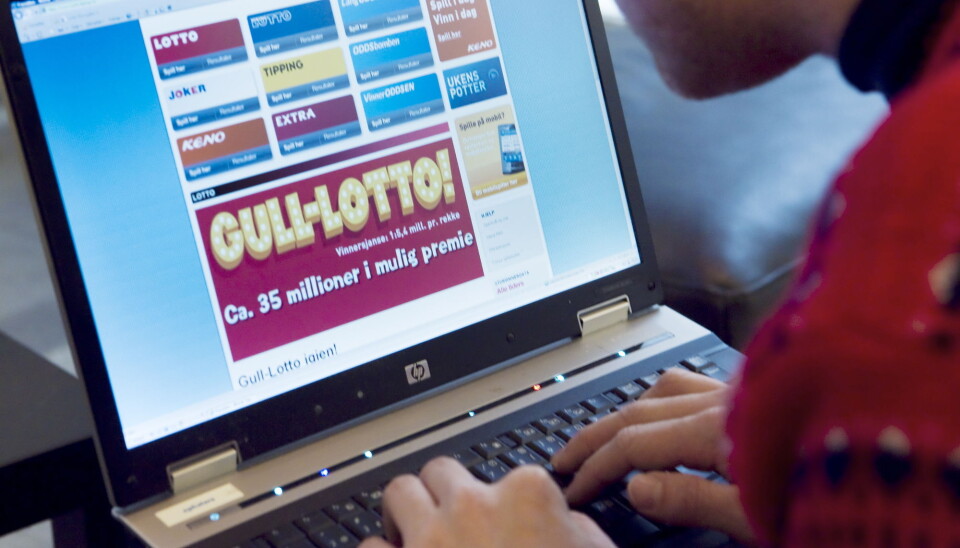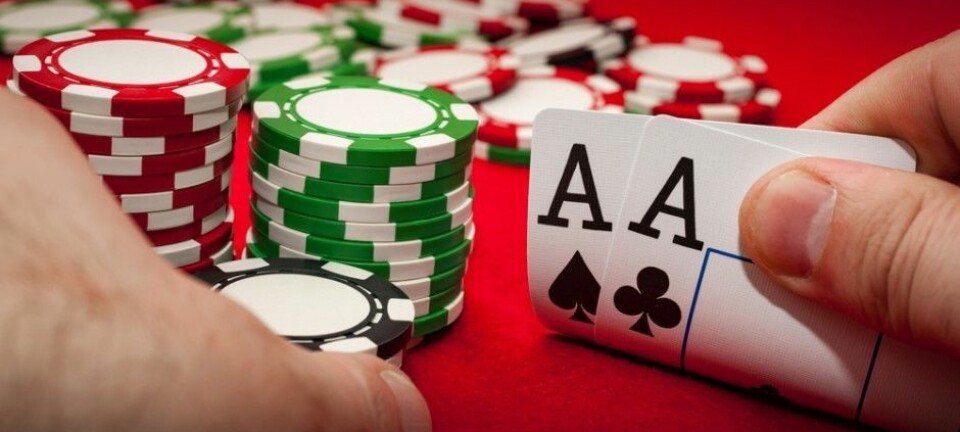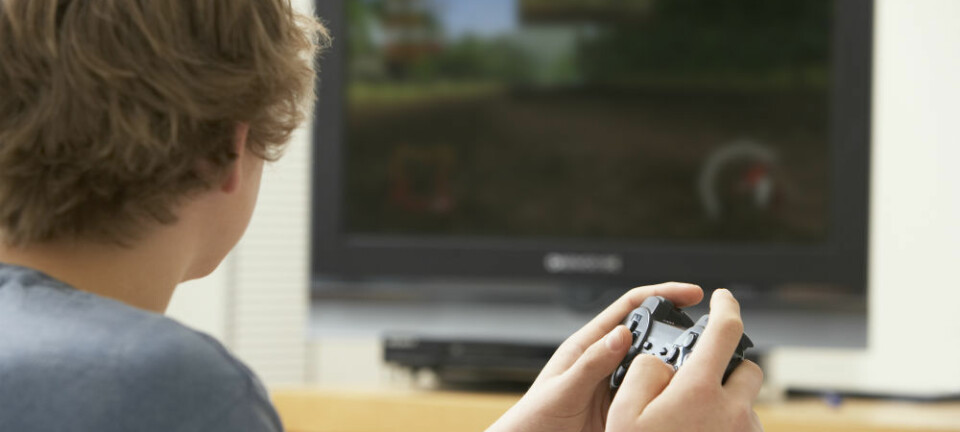
Gamblers played and lost less after gaming company contacted them
Direct contact with those who gamble a lot can have a big impact on how much they lose, a new study shows.
Jakob Jonsson from Stockholm University does research on gambling addiction and is behind the new study. The purpose was to investigate the effect of providing personal feedback on their gambling habits to people who gamble, according to a university press release.
The three thousand players from the state owned Norwegian gaming company Norsk Tipping who had lost the most in the last year before data collection were randomly selected for the study. The participants had lost an average of NOK 1720 per week, or about EUR 170. Data were collected from February to June 2017.
These players were mostly involved with rapid-paced games, such as betting and casino games.
One-third of the gamblers received a phone call from Norsk Tipping, another third were contacted by letter and the remaining third served as a control group and was not contacted.

Players who were contacted by phone were asked if they knew how much they had lost and if they wanted to know how much the amount actually was. The letters that were sent contained much of the same content as the phone calls.
The results, after 12 months, showed that the control group had lost 7 per cent less, the group that had been contacted by letter had reduced their losses by 13 per cent, and individuals who were contacted by phone lost 30 per cent less than they did in the period before they were contacted.
Surprised players
When Norsk Tipping called customers who had lost the most, the people who made contact had the perception that many players were not aware of how much they had actually lost.
“We asked if the customer could estimate how much money they have lost, and then we disclosed the actual loss. We found that many customers underestimated how much money they had lost, and for them it was a wake-up call to hear the actual amount ,” writes Tanja Sveen, Adviser on responsible gambling in Norsk Tipping, in an email.
Many of the customers were surprised and some were shocked by their losses.

“A little ways into the conversation, it was clear that they have had a gut feeling that it was bad, but they pushed it away. Many expressed relief at having had the conversation, because then the facts were on the table,” Sveen writes.
Jonsson thinks it's tough for customers to get to know how much they have actually lost.
“But at the same time it’s good for them to know that this is what reality looks like,” Jonsson says.
Surprised researcher
Jonsson was surprised by the players’ reaction to calls from Norsk Tipping.
“I thought more people would be angry. But I think that employees from Norsk Tipping who called customers had very good conversations. They used a gentle approach that made it work well,” he says.
Another surprise for Jonsson was the study result.
“I was pleasantly surprised by the strength of the effect. It was a bit surprising that the letters also had a pretty good effect. They worked better than I thought they would,” he says.
The reason Jonsson chose to include contact via letter in the study was because he wanted to see if an alternative to phone calls would have an effect.
“Letters are more pure feedback and provide tips on what they can do. Letters don’t have the same motivational elements, like phone contact does. A phone call can work more to motivate people, such as if the player is going to set a limit on the amount they’ll spend, they can see how much money they would save,” he says.
Although a number of gamblers played less after being contacted, Jonsson thought that more would stop playing altogether.
“There was no difference between the groups in the study. More than 90 per cent continued to be Norsk Tipping customers. I had faith that more people would quit,” he says.
Gambling problems often last a lifetime
Hans Jørgen Weihe is professor of social work at the Inland Norway University of Applied Sciences and has also written a book about gambling addiction. He thinks Jonsson's research is important. Still, he thinks the fact that gambling problems are often lifelong is problematic.
“One challenge is that some people may have gambling relapses after a long time. We have to expect that some people will have lifelong problems,” Weihe says.
“I have full confidence in the research results, but the challenge is that we need to look at gambling problems over a longer period,” he says.
Weihe thinks Jonsson’s research method is good, in that it allows customers to be confronted with their gambling.
“For some, the information will be an eye opener and could result in them changing their gambling patterns. Although it’s not for everyone, it’s a useful approach that can reduce gambling,” Weihe says.
Set maximum limits on gambling losses
Norsk Tipping has also initiated other measures for customers. Customers must set a personal loss limit before they can play, and the maximum limit for losses per month is NOK 20,000. When customers log on to the services, they get an overview of how much they have lost in the past week, month and year.
Weihe thinks the limit for losses per month is important, but says that NOK 20,000 each month is a lot of money, and is a level of loss high enough to cause people problems.
“It will result in a significant financial handicap for many. Another challenge is that some people may hide the fact that they gamble by playing on other channels,” he says.
The research project also led Norsk Tipping to institute conversations as a permanent measure to prevent gambling problems. Responsible-gambling-advisor Tanja Sveen says that the experience from adopting this measure has been positive.
“Most customers are positive towards us contacting them, and there has been great interest in the initiative from stakeholders in the gambling addiction area. What is gratifying is to see that several other gambling companies are already in the process of starting to or contacting customers who play in a risky way,” says Sveen.
Jonsson hopes other gambling companies will start immediately.
“I hope that more gambling companies conduct these kinds of conversations and that they keep a close watch on how their customers are doing,” he says.
Reference:
Jakob Jonsson: «Preventing problem gambling: Focus on overconsumption», Stockholm University, 2019
———

































